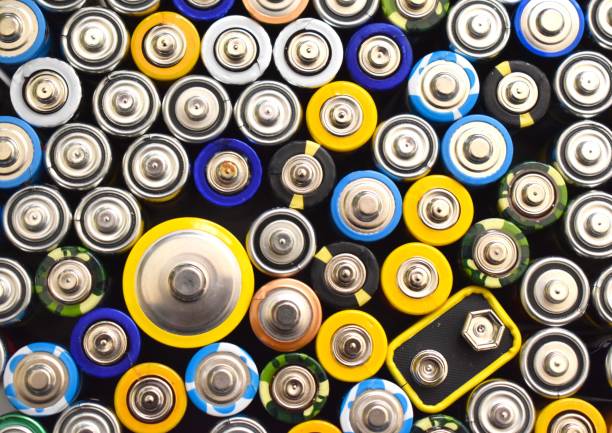Excitement surges through the technology world as solid-state EV battery advancements capture headlines, promising a significant leap in electric vehicle capabilities. These developments are a part of the HELENA project, an ambitious endeavor funded by the European Union, aimed at transforming the automotive and energy storage landscapes.
The Next Frontier in EV Batteries: Solid-State Technology
With immense potential to supersede today’s lithium-ion batteries, solid-state technology is set to revolutionize energy storage for electric vehicles. This cutting-edge innovation looks to replace liquid electrolytes with solid or semi-solid counterparts, a move that could greatly enhance battery efficiency, safety, and durability.
A Giant Leap for Energy Storage: HELENA’s Solid-State Breakthrough
The HELENA project has recently hit a crucial milestone, announcing the successful assembly of solid-state battery cells featuring a halide electrolyte. This remarkable achievement ushers in a new era where EVs can benefit from batteries that charge rapidly and perform reliably even under low temperatures, all while maintaining enhanced thermal stability.
Preparing for the Future: How Will We Charge the Wave of New EVs?
As electric vehicles take to the streets in ever-increasing numbers, the necessity for long-duration energy storage solutions becomes clear. Such systems are the key to keeping up with the demands of public EV charging stations while supporting the broader transition to an electrified, renewable energy-powered world.
Exceeding Limits: The Search for Long-Duration Energy Storage Solutions
The traditional lithium-ion battery arrays that dominate current energy storage solutions are not sufficient for future needs. The energy sector is, therefore, on a quest for alternative solutions that can extend energy storage for 10 hours or more, with concepts ranging from gravity-enabled pumped hydropower to innovative gravity-based systems.
Project Helena and Energy Vaults: Reinventing Energy Storage
Project Helena is at the forefront of this transformative shift, investing in revolutionary technologies like the gravity-based energy storage approach pioneered by Energy Vault. With the world’s focus turning to sustainable practices, Energy Vault’s initiatives, such as the utilization of recycled materials, hold promise for future energy solutions.
Urban Energy Storage: New Horizons for Gravity-Based Systems
Energy Vault’s EVx system introduces a vital innovation in energy storage, blending seamlessly into urban landscapes. The technology’s versatility is its strength, enabling deployment in a variety of environments and integrating with other storage technologies like green hydrogen fuel cells to create resilient and versatile energy solutions.
The future of energy storage is a mosaic of technologies, blending the long-duration potential of green hydrogen with the rapid deployment capabilities of lithium-ion batteries. As companies like Energy Vault lead the charge with multi-faceted approaches, we edge closer to an efficient, reliable, and sustainable energy infrastructure capable of supporting the electrification movement in all its forms.
